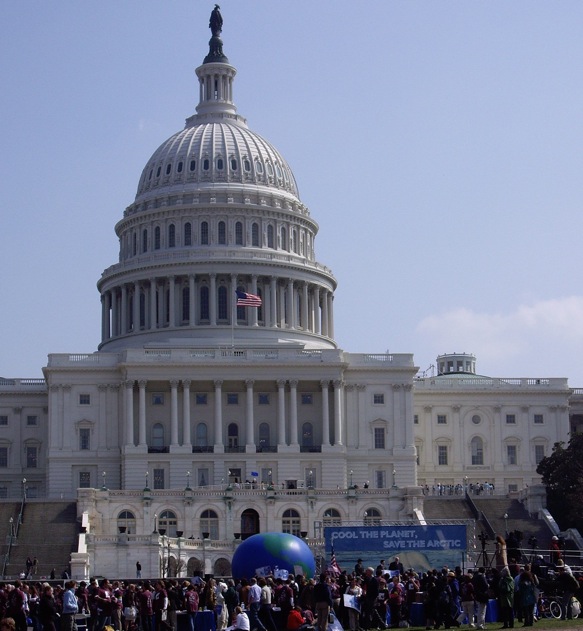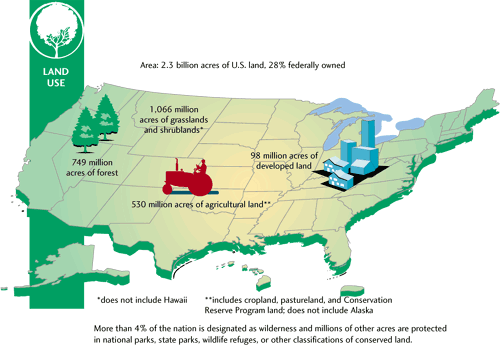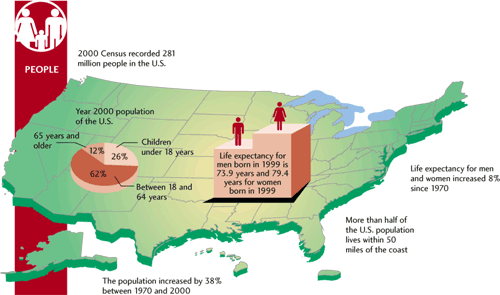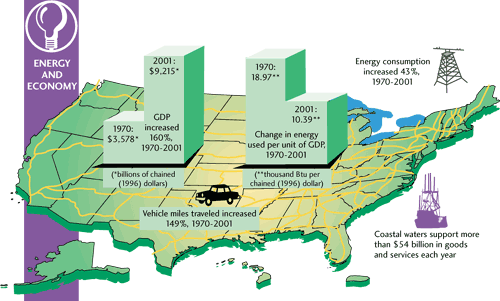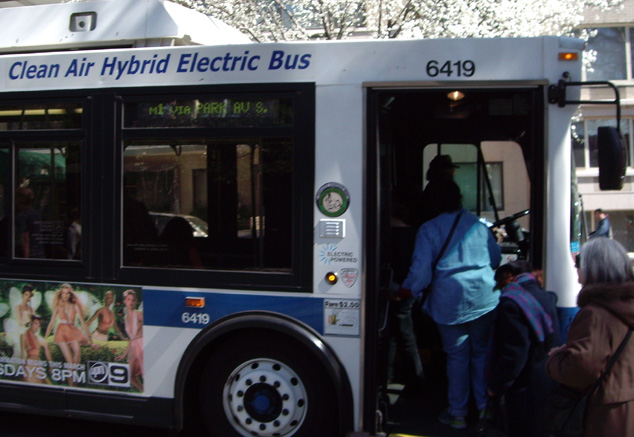 What is Advocacy?
What is Advocacy?Navigating the site:
Analysis
Analysis
Title: Advocating Societal, Comercial, or Environmental Reforms
What is advocacy?
Background
Theodore Roosevelt and Gifford Pinchot were Republicans who created conservation, the Department of Labor, and ended child labor.
Franklin Roosevelt and Harold Ickes were Democrats who extended conservation, labor and farm protection.
Nixon, like Kennedy and Johnson supported environmental protection as a rebalancing of conservation's narrower to a wider focus on ecological science.
The need for bipartisan support for resource conservation policy, labor rights, and farm protection was a long tradition in national life originating with Abraham Lincoln.
From 1962-1979, Congress and the Courts passed what amounted to an environmental "bill of rights" in the public interest.
Justice William O. Douglas, referred to what he considered an environmental "bill of rights"
The IRS, Internal Revenue Service has ruled non-profit groups as special interests, because they lobby Congress.
Now, Congress and the Supreme Court is hostile to an environmentalist "agenda."
This Bush Administration was not supported by mainline groups:
Wilderness Society, Environmental Defense, Audubon, FOE, NRDC, World Wildlife Fund
Three endorsed the opposition candidate:
League of Conservation Voters, Sierra Club, Defenders of WildlifeWildlife, Marine Protection, Fisheries, Energy, Clean Air & Water, Global Warming;
Rapid response teams
What Is A Self-Advocate?
A Self-Advocate is someone who is able to speak up on her or his own behalf in areas that could affect them, their health, or their conditions. Teens can use self-advocacy skills with employers, teachers, doctors, nurses, friends, partners, that is, with anyone with whom they have a relationship.
Being an effective Self-Advocateis the first step to successful advocacy.What Is An Advocate?
Quite literally one who speaks to a matter [by implication] for those who cannot (ad to, or toward, voca, voc, speak, vocalize, LATIN.) So, a person who uses words to speak in favor of their particular interest and against others who would harm those interests.
Teen advocacy, for example.
Governmentally speaking, any person speaking on behalf of voters. What is reform?
Iron Triangle, or cozy triangular relations of business and government agencies because of Congressional access lobbyists have in the legislative process.
Definitions:
To reform means to bring about a desired result, quite different from existing conditions.
What is there to reform–traditions and progressive ideas?
In society there has been a split in approaches to reform since the 1790s in Europe & America:

|
|
| radical, left-wing | reactionary, right-wing |
| strict constructionist | loose constructionist |
| judicial restraint view | judicial activism view |
| constituency | lobbyists |
geographical (district) |
"K street" |
ideological (similar ideas) |
access based on expertise |
| Senate | House of Representatives |
| smaller, state-wide, longer six-year terms | 300,000 people/ person is larger, two-year terms |
Successful Advocates know:
- Themselves, who you are & your limitations
- Their rights
- They are able to find the information they need through
- research, reflection, discussion, and
- investigative curiosity and determination.
- Their choices, and the risks of a particular choice or decision
- How to speak up
- How to get support
Dates:
1963, Clean Air Act
1964, Wilderness Act
1965, President's Science Advisory Committee's Pollution Report
1966, Endangered Species Act
1969, National Environmental Policy Act
1970, Clean Air Act
1972, Clean Water Act
"The land, water, air and living things of the United States are a heritage of the whole nation. They need to be protected for the benefit of all Americans, both now and in the future. The continued strength and welfare of our nation depend on the quantity and quality of our resources and on the quality of the environment in which our people live."
The Environmental Pollution Panel of the Presidents Science Advisory Committee. 1965
Data:
Pressures on the land
The best defense against tyranny is an educated public, Thomas Jefferson once argued. A more literate and better-educated national citizenry exists than at any time in our past, yet a palpable loss of liberty is apparent. Once extensive and sufficient wildlife refuges, national forests and parks of the public domain were adequate to meet our needs. But that protection is eroding now. These public lands’ legal protection has been compromised by water contamination and air pollution.
In recent years Congress (since 1994) has paid more attention to industry lobbyists in resisting efforts to bring the existing corpus of environmental protection legislation up to date with current scientific findings. Since the 1970s the atmosphere's loss of ozone, sharper rise in carbon dioxide content, and saturation with POPS or persistent organic pollutants threatens 100 years of accumulated wisdom about how to conserve our resources while protecting land, air, and water as the population grows.
Population
The late President Kennedy, who called a White House Conference on Conservation, in 1962, warned that the protection of the common estate from those who would despoil it is a never-ending struggle. In those terms modern democracy really requires more than an educated public, it demands a vigilant vanguard or well-informed and motivated people to inform Congress and the public about recent and ongoing scientific discoveries that can be used protect the public domain and the common property resources that we all depend upon.
High energy society
The Pew Ocean’s Commission reported last year the loss of marine fisheries to exhaustion and coastal pollution -- largely from and due to fossil fuels for energy. A series of distress signals now show that the assimilative capacity of once inexhaustible resources is exceeded and approaching exhaustion. The oceans, called a global commons, are at risk. World climate, altered by air pollution, has changed. Can further unraveling of the ecological services we depend upon be far behind? The matter is not so much will the ecological life support system fail, but how and when the losses will adversely affect human populations?
(336 words)
Argument
The problems we face today surpass the structural safeguards created in the 19th century to conserve natural resources for a growing population.
"Clean Air" reads a sign of the times in Manhattan, New York.
The coalition of Republicans and Democrats that emerged in 1900 and grew in power during the 1930s and 50s achieved major changes in national conservation policy making it the basis of environmental protection in the late 1960s and 1970s.
The bipartisan coalition began to unravel in the 1980s and by the 1990s was on the defensive. The ideals of conservation today in protecting land, air and water resources are no longer shared by large segments of the population or Congress.
Unless a new image and a new vision emerge, the nation's natural heritage will be sacrificed by a further loss of wildlife, due to fragmentation of essential wild areas, persistent air and water pollution, and loss of sufficient outdoor recreational lands.
Conclusion
Carol Browner has suggested vision and reform based on science were long overdue five years ago. The pressing demands have only grown and the window of opportunity in addressing these matters is closing more rapidly the longer we wait. Like compound interest on debt, the longer we wait to reduce pollution, the harder it will be and the costlier it will become to reduce ever growing perils to air and water sources. Common sense solutions exist now and can be employed with no regrets.
Lesson
Delay is not an option due to the enormity of the problem caused by rising per capita pollution and the difficulty, due to resistance, in reducing nitrogen, carbon dioxide and mercury wastes from pervasive and persistent fossil fuel combustion.
![]()
Political book summaries at Capitol Reader
Title | Background | Information | Essay | Argument | Conclusion | Lesson
This button below works as a navigational aid
Last Updated on August 2, 2007
By Joseph Siry
schedule | Research home | Atlas | site-map | Ecology | laws | reliable web sites | quick look
Science Index | Site Analysis | Population Index | Global Warming Index | Nature Index | Research sites | Genes
Terms | Glossary | Word webs | Basic vocabulary | Advanced Vocabulary | Antonyms | Synonyms | Etymology | Concepts
Writing | Interviews | Free Writing



